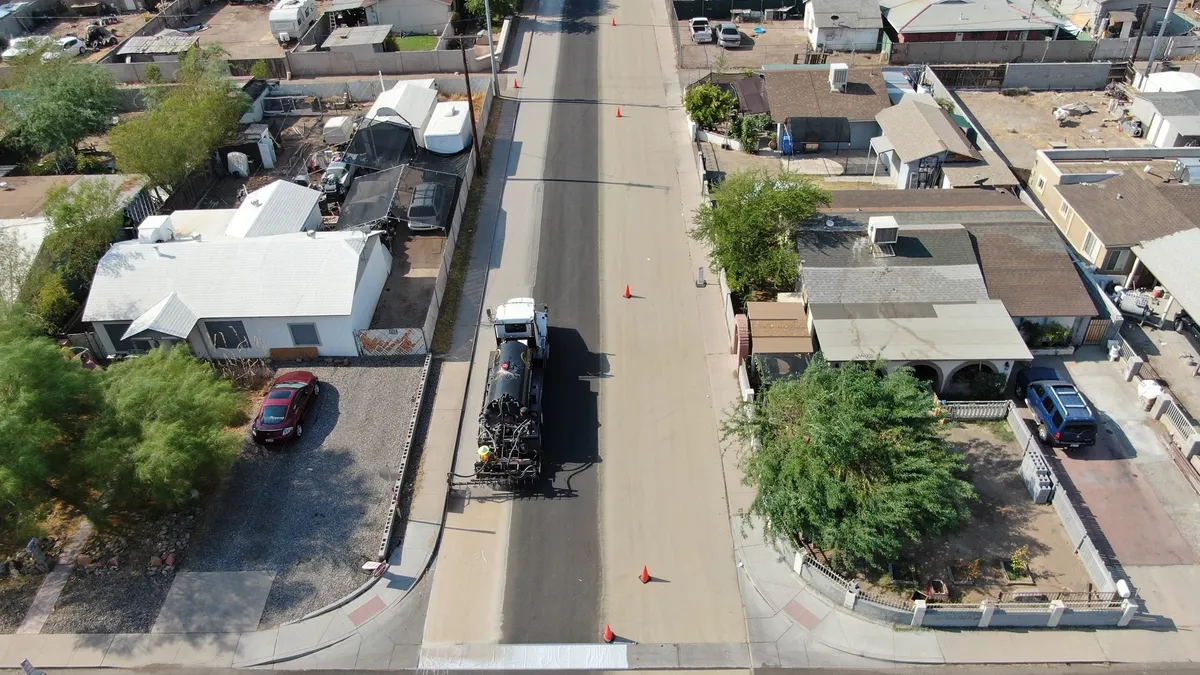Dive Brief:
- Autonomous vehicle (AV) development is a key part of Lyft's future, but it will take a while for the technology to be truly ready for public use, CEO Logan Green said on the company's Q2 2019 earnings call.
- Green said that while the company is making great strides on AV research and partnerships, there is more work to be done in what is "a very long game." AVs are a key part of ride-hailing companies' path to profitability, something that remains in sharp focus as Lyft saw increased revenues from Q1 to Q2.
- Green believes AVs will first be used for ride-hailing platforms before personal use, which he says will offer a "significant advantage" to the company. Its partnerships with Aptiv in Las Vegas and Waymo in Phoenix have helped Lyft test AVs in real-world situations and collect data. "It's the future of the business, but it's, of course, many years out," Green said.
Dive Insight:
Uber and Lyft are betting big on the rollout of AVs to grow revenues and become profitable. In their S-1 filings with the Securities and Exchange Commission (SEC) before going public, both companies said they would work hard to bring AVs to market, which could result in rides becoming cheaper by eliminating the need for a human driver.
Indeed, Green said that as part of that bet on "our autonomous future," research and development would take up a larger percentage of the company's revenue for the remainder of the year as the company looks to ramp up its efforts. Already, the company has made moves by hiring John Maddox as its first senior director of autonomous safety and compliance and acquiring augmented reality (AR) company Blue Vision Labs to help with its AV software.
Lyft's leaders are not quite as bullish as Tesla CEO Elon Musk, who in April pledged to have a fleet of self-driving taxis, or "robotaxis," available to the public next year. And questions continue to swirl around the safety of AVs after several high-profile incidents, with Congress restarting a push towards national regulations while states like Arizona and Utah have passed legislation of their own.
But the company is slowly looking to integrate them as part of a suite of services that go beyond ride-hailing and car ownership. Company President and Co-founder John Zimmer said during the call that around 25% of people using the company's shared bikes and scooters through the app are new users, something he said "is an exciting way for us to both create a new business and get broader new passenger, new rider acquisition."











